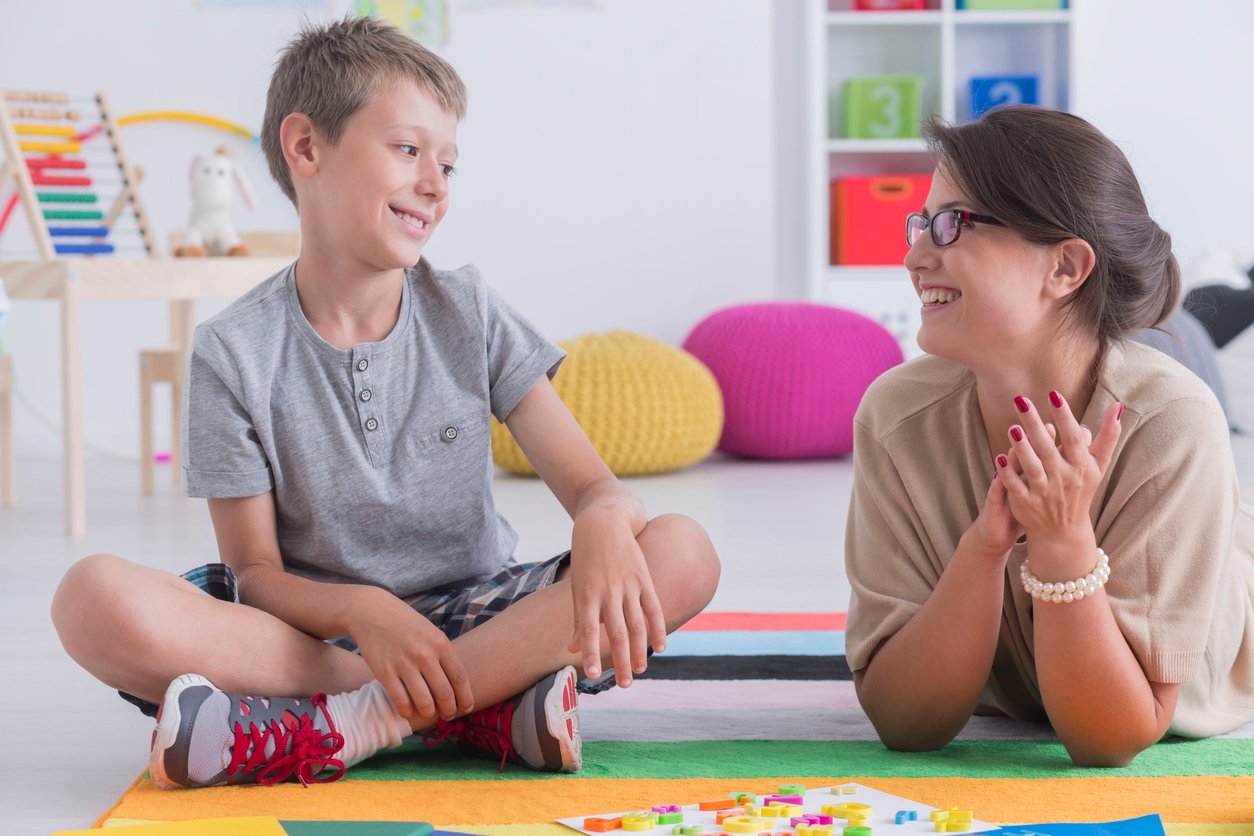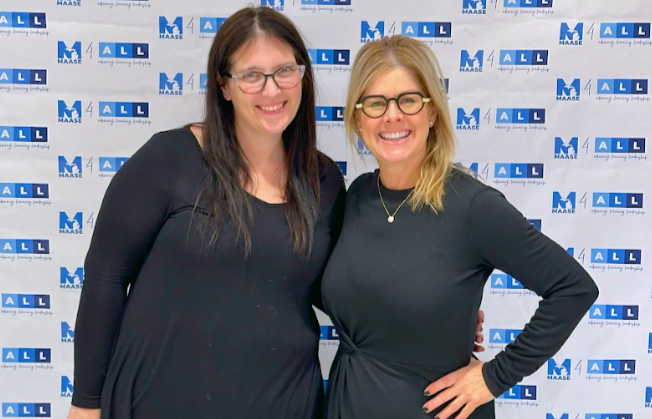4 Things I Wish Parents Knew About Autism
As a person on the autism spectrum, there are a few things I wish parents of children on the spectrum knew. Please note that I am just one individual, and other people on the spectrum may have different experiences and opinions on these topics. I hope that this article will broaden your perspective and help you better understand the issues that autistic children face. Helping people shift their perspectives can go a long way toward improving relationships between all types of people.
1. Society teaches young people with autism many harmful messages about themselves
Society teaches people on the autism spectrum that they deserve to be treated with pity, contempt, and condescension, that they are less than human, and that they are inferior to people who aren’t on the spectrum.
We receive these messages everywhere, from the education system to our peers, to the media, and more. I think a certain autism PSA from 2009, as abbreviated here, “I Am Autism,” sums up these societal attitudes well and though we have made progress in the last decade or so in our understanding, these attitudes are still very much present.
“I am autism. I am invisible to you until it’s too late. I know where you live. I live there too.”
“I work very quickly. I work faster than pediatric aids, cancer, and diabetes combined. I will make sure that your marriage fails. I will bankrupt you for my own self-gain. I don’t sleep, so I make sure you don’t either.”
“I will make it virtually impossible for your family to easily attend a public place without a struggle, embarrassment, or pain.”
“You have no cure for me. Your scientists don’t have the resources, and I relish their desperation.”
“I have no interest in right or wrong. I derive great pleasure out of your loneliness.”
“I will fight to take away your hope. I will plot to rob you of your children and your dreams. I will make sure that every day you wake up you will cry.”
“I am still winning, and you are scared. And you should be.”
If you have the empathy people love to claim people like me don’t have, you can imagine how these messages would make me feel about myself. I am a human being, not a disease.
I did not see this specific ad growing up, but those around me constantly reinforced its core takeaway—that something was wrong with me. And it absolutely affected me. I believed I was fundamentally different from other people, growing up. I may have had the same basic needs for shelter, food, and sleep as everyone else, but otherwise, I was a freak of nature, altogether separate from others. I dehumanized myself.
If something went wrong in my life, especially socially, it was only natural that it could be my fault. The only thing that mattered in my life, more than my own well-being or health, was succeeding socially. For instance, during my college orientation, I fell down the steps of a balcony. I could have been injured or even died. And yet, the very first thing I thought about upon falling was how embarrassed I was that I appeared clumsy in front of other people.
I am still unlearning all of these ideas. It’s crucial that you are aware of how deeply our society is still entrenched in them, and teach your child that they are valuable, as they are.

2. The autism experience is affected by other people as much as it is by my own disability
I cannot change the fact that I am on the autism spectrum. But every day, people choose how they think about and treat people on the spectrum. And oftentimes, I am the one who has to pay for those choices.
Many people off the spectrum are used to interacting with others in a way that accommodates their own non-autistic communication style. Thus, they have not developed the flexibility or social skills necessary to accommodate the behaviors of people on the spectrum. They react with discomfort. Instead of looking inward, they blame that discomfort on the other person, or, in this case, the person with autism.
Much of how these people respond to people on the spectrum says less about autistics and more about the people who are interacting with an autistic person. And yet, their response could cost people like me a job, a friendship, or another opportunity. They have power over people on the spectrum. Because of that, many people on the spectrum have no choice but to work around off-spectrum people’s communication preferences; some of us are the ones to accommodate them.
I am happy to accommodate others to a certain extent, but communication is a two-way street. I want others to accommodate me, too.

3. Your reality is different than the reality of someone on the spectrum
This might be obvious, but it bears repeating. As an autistic person, my reality is different from the reality that most people off the spectrum live. And not in the way you would think.
My reality is different because the parameters in which I live are different.
People, institutions, organizations, and systems that you trust may not necessarily treat me in a trustworthy way.
Your friend who treats you with kindness may treat me with prejudice. Certain concepts may mean something specific to you, and mean something very different to me. For example, to you, a dinner party may be a joyous occasion, while for me, it’s a form of labor in which I am expected to perform social skills for other people’s comfort.
Our differences don’t just lie in our brain wiring. We live in different, yet equal, cultures, and that’s okay, as long as we can meet each other halfway.

4. Be wary of initiatives and individuals who try too hard to appear “disability-friendly”
This is a tremendously hard, but absolutely necessary lesson I have learned in the past few years. It has become “trendy” for people and institutions to tout inclusivity towards marginalized people, including people with disabilities.
These situations sometimes lulled me into a false sense of security, into feeling emotionally safe as a person on the spectrum. However, sometimes, this acceptance was conditional, or even just for show.
I want to be explicit in emphasizing that there absolutely are people who are genuine, and who will treat your child with care and respect. However, I also think it’s a good idea to be skeptical of people who lean a little too into the “diversity and inclusion” angle, who aggressively talk the talk, but don’t walk the walk.
The best test of someone’s inclusivity isn’t always in the way they respond to an initial autism disclosure. Sometimes, the proof lies within whether they are off-put or simply caught off guard by an autistic person’s social mistake. Truly accepting people will be tolerant of an occasional bump in the road.
Conclusion
I hope that this little article helps form a bridge of understanding between you and your child. If you can see into the inner world of people on the spectrum, then you can become an even more empathetic, supportive parent.

Jill Feder
Jill Feder is a content creator for STAGES Learning who has lived experience as a person on the autism spectrum. She graduated magna cum laude from Wheaton College, MA, in 2020. Recently, she held internships at the RI Dept. of Behavioral Health, Developmental Disabilities, and Hospitals, as well as RespectAbility and the Special Olympics. In addition, she has contributed articles to websites such as Accessibility.com, McSweeney’s, and the Maryland Coalition for Inclusive Education blog. Jill plans to dedicate her career to disability rights and inclusion.




